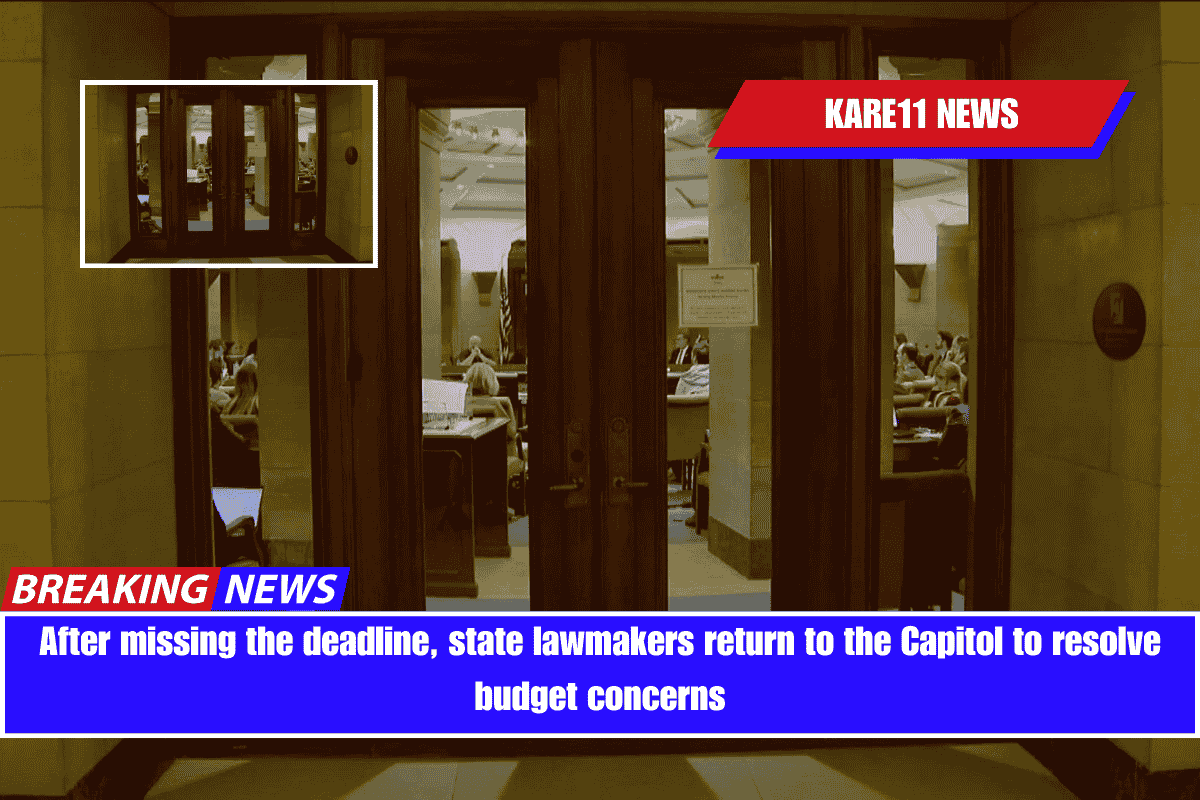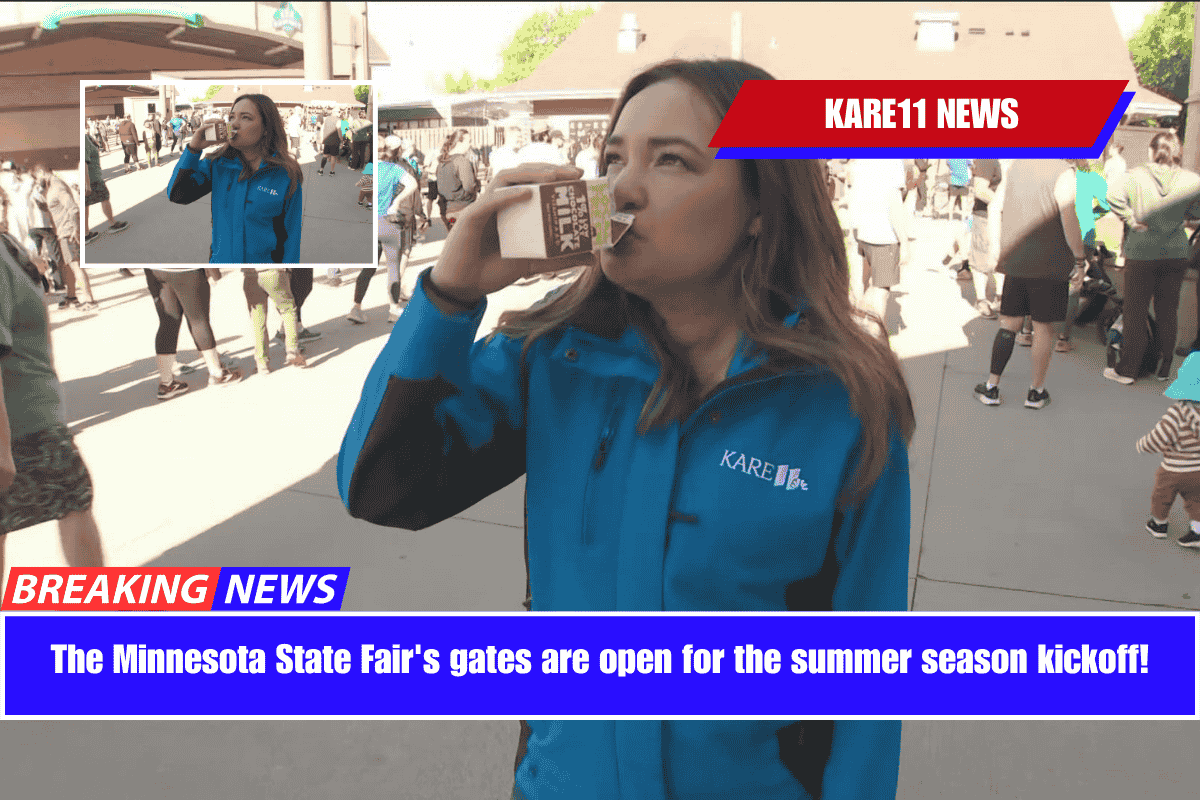Saint Paul, Minnesota – One night after missing their deadline, state lawmakers returned to the Capitol on Tuesday to resolve differences on several spending bills and prepare for a special session to finalize the next two-year budget.
Around 1 p.m., House and Senate caucus leaders met behind closed doors in the Governor’s Cabinet Room on the Capitol’s ground floor. Although many of these negotiations took place in private, lawmakers did hold one public meeting at 3 p.m. to discuss a tax bill.
When the legislature is in session, the Senate and House collaborate to finalize bills through a “conference committee.” However, with the 2025 regular session officially ending Monday night, legislative leaders say these conference committees have evolved into “working groups.”
Gov. Walz has stated that he will not call a special session until the working groups’ conflicts have been resolved and he is confident that all budget bills will be passed. Given the timeline, legislative leaders anticipate that a special session will not take place until at least Friday, or, more realistically, after Memorial Day.
If the legislature fails to pass a budget by June 1, state employees will be notified of a potential government shutdown at the end of June.
“We need to finish this. “We don’t have a choice,” GOP House Speaker Lisa Demuth stated after adjournment late Monday evening. “That is what Minnesotans expect us to do.” We will be able to complete that work in a bipartisan fashion. “That is what is required.”
Although Gov. Walz and legislative leaders reached an agreement last week on a framework for the $66 billion budget, there are still some unresolved issues in individual budget bills. For example, in an environment bill, lawmakers debated an environmental permitting measure, and in higher education, Republicans lobbied the legislature to approve a joint convention to elect University of Minnesota regents.
DFL House Leader Rep. Melissa Hortman, whose party shares power with Republicans in the tied House, said lawmakers have a new deadline of 5 p.m. Wednesday to resolve their differences.
“And hopefully at that point, leadership does not have to take any bills from people,” said Hortman; “but hopefully, we can give them suggestions that might help close things up.”
Historically, Minnesota’s divided legislatures required special sessions to complete their budgets. However, in 2025, the political dynamics are especially complicated, with a 67-67 tie in the House and the DFL’s narrow 34-33 Senate majority.
Prior to Monday night’s deadline, the legislature still needed to complete more than half of its budget bills, including those for major state budget areas such as education, health and human services, and transportation. Still, DFL Senate Majority Leader Erin Murphy expressed confidence that working-group chairs can resolve their differences this week.
“If they are stuck, we’re going to meet with them together with the leadership to get them unstuck,” Murphy clarified, “so that we can move those budget bills and get them prepared.”
Republican Sen. Jim Abeler, who sits on a human services committee, said he gets along well with his House counterparts.
“I’m committed to good policy,” Abeler stated. “So many of us simply want to work together. “And now we have to.”


















Leave a Reply